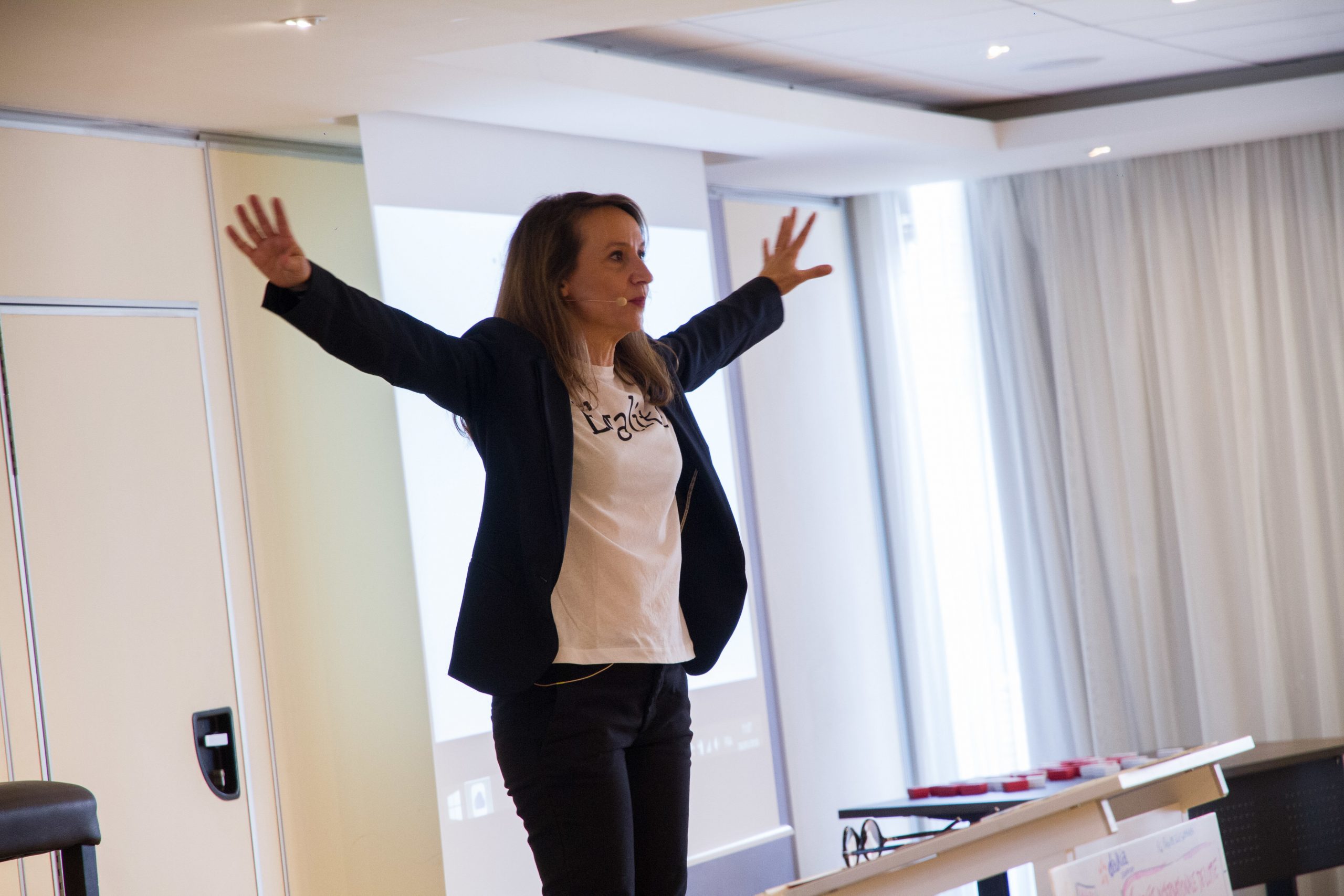Soon deconfinement! Great ! What are we going to do with this period?
What is the psychological shock left on the collective and the individual?
Resilience is the prerogative of leaders who learn to build in difficulty.
Does everyone have the weapons to come back strong?
We talk about resilience in psychology, to describe a trauma overcome by a person in a constructive way. Resilience is a term originally chemical that describes the ability of a material to return to its original shape after a shock. It is a form of psychological agility.
—–
Extract from the book The power of spontaneity [3].
Resilience is a term democratized by Boris Cyrulnik [2], appeared thanks to the works Emmy Werner[1], who proposed the word in 1982, borrowed from physics to characterize the return to a previous state of an element, in other words a capacity to adapt to traumatic shock. Resilience becomes a survival kit to transform suffering into a weapon of mass reconstruction.
Resilience is the attitude of forgiveness-liberation that allows you to move forward in the face of a trauma or a difficult history. This ability is developed through an optimistic and strong mind, which always goes forward. The more you look back, the more you think about it, the less resilient you are. The more you go forward, while acknowledging what happened, the more you will find the strength and creative resources to turn the problem into a solution!
—–
Managers will have to be careful to listen to their employees and open up a dialogue on containment, how everyone has experienced things, and how to project themselves. Is the mind of your team ok to restart?
Have your employees lost someone close to the Coronavirus? What are the family's financial conditions? Even if, I always tell my coached managers not to mix the private life of employees with that of work, there is a question of fundamental motivation to take into account. If your employee has an entrepreneur partner, for example, their situation can be delicate and even if the motivation to work again is there, the base of the pyramid of Maslow[4] which constitute the basic and vital needs could be touched, therefore a sensitivity to possible demotivation by destabilization of the family system.
The psychological discomfort is palpable, because I have received many calls for support formulated in a personal way, without taking charge of the company, whose basic need is resilience, even if it is rarely formulated in this way. . Employees do not talk about it, given the period, they are afraid of complaining and that it is seen badly internally. This legitimate belief or fear conditions behavior.
As for the leaders, they sail on sight on a liner or a boat, taking into account the weather, storm or lull data, over the information, hence the importance of spontaneity which allows agility of the moment which in the long term is a powerful lever of leadership.
Resilience cannot be decreed, it develops in a positive and understanding state of mind. Just as the leader and the managers suffered the same shock. The need for post-containment is not just economic, it is above all psychological.
The providers, of which I am one, have seen all their services canceled or postponed, the off-duty clients are not at peace because we are all in uncertainty, which on the one hand is positive if we are mindful constructive and optimistic and on the other hand very difficult for some to manage. For my part, I undertook a series of webinars " leadership in times of crisis »That I wanted to offer, as an inspiring oxygen bubble for managers and leaders, and now, a series of small group coaching (special containment rate) to help leaders regain their full potential and even more, what matters to me is to share my talent to facilitate mentality, confidence and rapid recovery at the business level.
The leaders have so far only one concern, the return of business ! Supporting psychological change is essential, because we only train a team to the top if it is strong and motivated enough.
So how do you build resilience after the crisis?
The keys to resilience after confinement:
- Be authentic and manage optimism
- Allow time for everyone (to themselves) to re-appropriate their physical or virtual workspace
- Listen to each employee
- Set achievable and motivating goals
- Generate positive change: be a leader with a vision
- Projecting the future positively in full transparency
- Communicate optimistically more than usual and practice because you speak to an audience that has been through a shock just like you
- Leave decompression valves to the team
- Give time to return to hyper performance to avoid fatigue and over-strain (beware of burnout)
- Meet its customers and suppliers, ask everyone for news, get on the human level
- Resume subjects left aside
- Train and support, especially field teams
- Generate thecollective intelligence to offer the opening of creative solutions, together
- Rely on the values of the company
- Develop humanist projects within the company
- Arrange convivial moments despite the imposed social distance
There is a great temptation for some to make a “revolution”, what if we first build our future together?
[1] Boris Cyrulnik French child psychiatrist
[2] Emmy Werner: American psychologist
[3] The Power of Spontaneity, author Sylvaine Messica, illustrations by Philippe-Elie, Editions Eyrolles 2019
[4] Maslow, psychosociologist specializing in motivation









